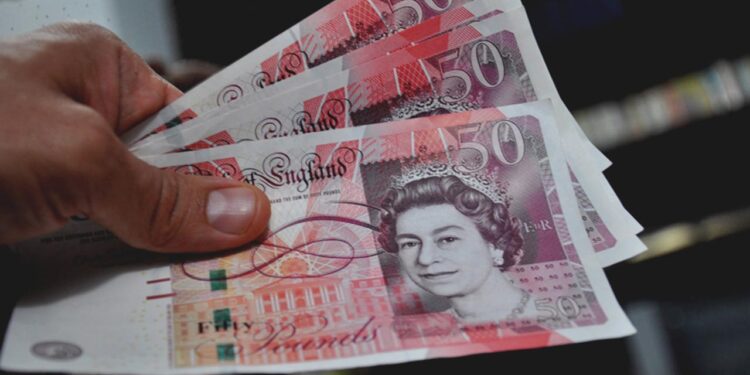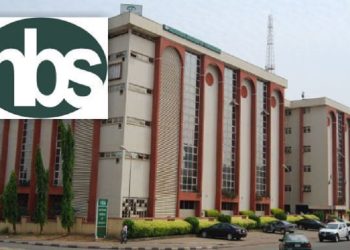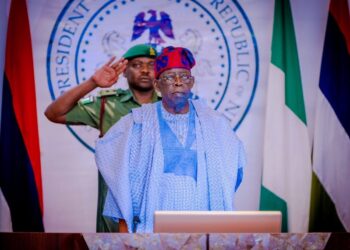The British pound has demonstrated remarkable resilience and strength in the global currency market, bolstered by the Labour Party’s significant victory in the recent UK general election. The center-left Labour Party, led by Sir Keir Starmer, secured a substantial majority, bringing stability after years of economic volatility under Conservative leadership.
Sir Keir Starmer’s ascension to the role of Prime Minister was marked by Labour winning 411 seats, surpassing the 326 needed for a majority, and exceeding exit poll predictions. Following this historic landslide, Rachel Reeves was appointed as the first female Chancellor of the Exchequer.
In his victory speech, Starmer expressed a desire to rebuild trust between the public and politicians, amidst anticipation of his forthcoming tax and spending policies aimed at economic growth.
In the currency market, the Nigerian naira weakened against the British pound and other major currencies. Increased demand for the pound sterling pushed its value to N1,905 on the black market, despite improvements in the official market.
The British pound also appreciated by 1% against the US dollar this week, marking its best performance since mid-May. It was trading at $1.276 during the London session, just below a three-week high of $1.27765 reached earlier in the week.
Financial markets responded positively to Labour’s victory, reflecting confidence that the new government would maintain the UK’s budgetary stability. Investors are now focused on Starmer’s economic plans for his first 100 days in office, particularly how he aims to enhance public services while fostering economic growth.
The Bank of England is expected to lower interest rates from 5.25%, anticipating a return to the 2% inflation target. Market projections suggest that the UK’s GDP growth will accelerate to 1.2% this year and 1.5% in both 2025 and 2026, supported by declining inflation and lower interest rates.
The Office for Budget Responsibility is expected to provide Labour with a fiscal headroom of approximately £16 billion at the first fiscal event post-election, an increase from £8.9 billion in the March budget.
Meanwhile, currency traders are keeping a close eye on upcoming U.S. non-farm payroll data, with expectations of 190,000 new jobs in June following May’s 272,000 gain. These economic indicators have raised anticipation that the Federal Reserve may lower interest rates, potentially leading to two rate cuts this year.
As the markets await these developments, the British pound’s strong performance against both the naira and the US dollar underscores a renewed sense of stability and confidence in the UK’s economic future under Labour leadership.










